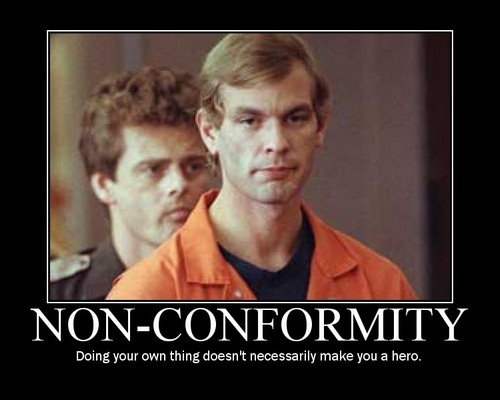
Emerson concludes self-reliance is a responsibility of all. How did this become an advocator for rebellion? Rebellion by definition is categorized as an “act of violent or open resistance to an established government or ruler” Emerson’s essay, “Self – reliance” comes from the observations of a man who believes in the spirituality of nature. By which he means concepts like originality and trusting our basic intuitions are not things to be rejected and suppressed, as Puritan law would have once enforced. Emerson believed that everyone had their part to play in the world and the accepting or conforming to the ideals of what they felt were not right only serves to harm the moral structure of the world at large.
Thoreau on the other hand, perhaps took his visions of non-conformity a little too far. He used the ideas taken from “Self reliance” and twisted them to create the ideology behind “civil disobedience, most probably to suit his own radical views on politics. Emerson believed in the spirit of togetherness. Thoreau it would seem is far less concerned with the well being of all than he is with the rising up of people against society if it were to threaten or “crush” their individual independence or freedom.
It seems both men had interlocking influences on one another and essentially both are speaking out against the oppression of man just in two very distinctly varied ways.
mention a few of the ideas in SR and show how they work themselves out in CD. Your blog is a bit too general.
ReplyDelete